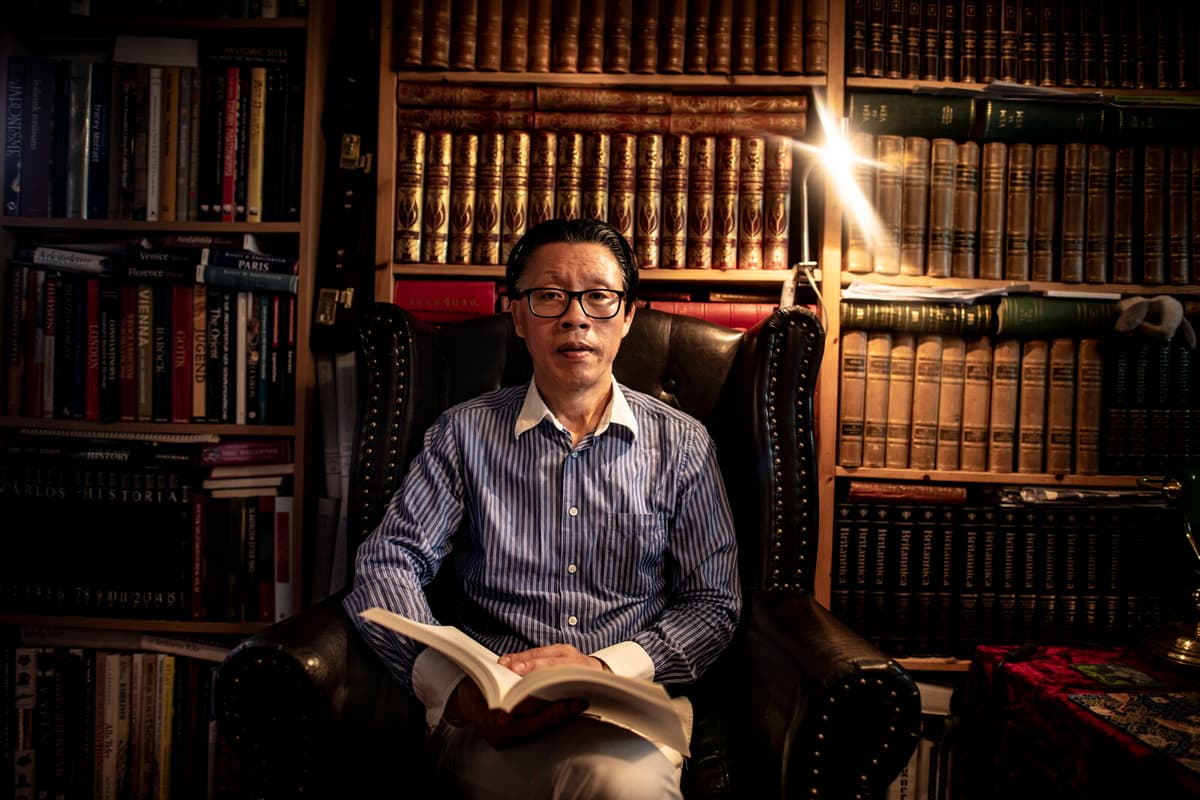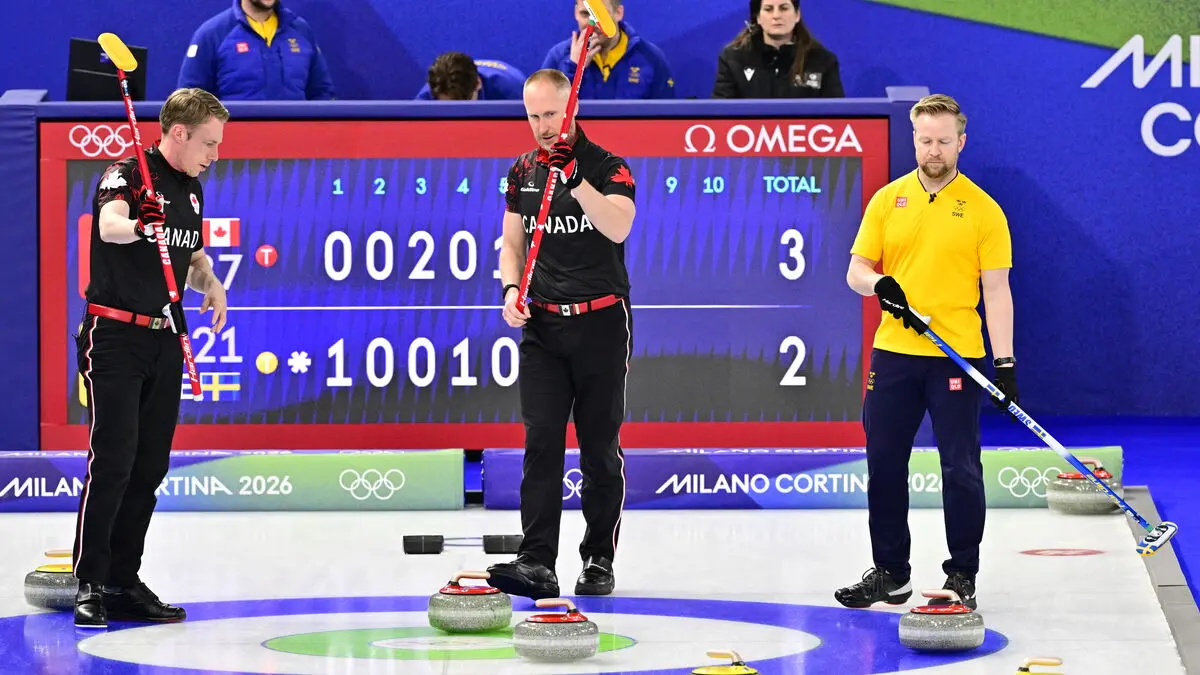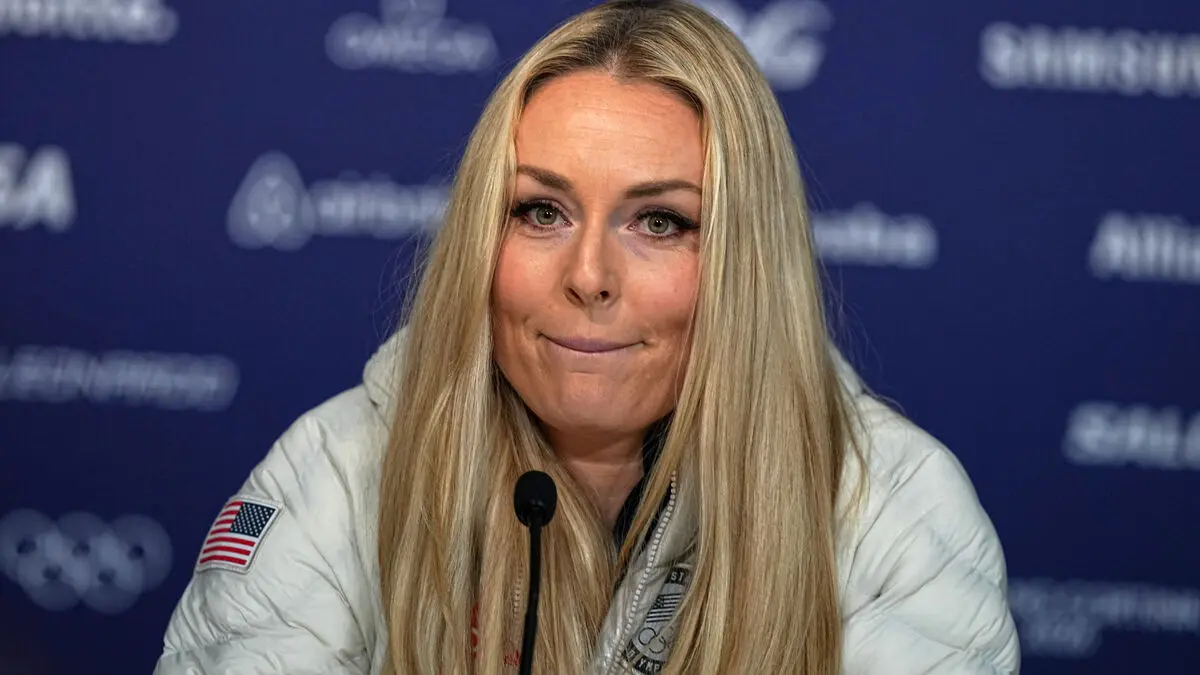Tobias Hübinette is a lecturer at Karlstad University with adoption and migration research as a special area. He was born in South Korea and adopted to Sweden.
Hübinette is against international adoptions and has frequently debated the issue over the years. He is not surprised that the adoption commission is evaluating a possible total ban on adopting foreign children to Sweden.
Countries like the Netherlands and Denmark have already stopped international adoptions. China has stopped adopting to other countries, and investigations in countries like Chile and South Korea have revealed extensive flaws.
It would, however, have been surprising if it were the other way around, that they had come to the conclusion that this is a system that works and helps involuntary childless Swedes and that we should continue with it, he says.
Corruption and Human Trafficking
The problem as Hübinette sees it is that it has become an adoption industry driven by demand for children in the West from involuntary childless people. This has led to corruption and human trafficking.
This, in turn, has meant that this activity has not functioned as it was perhaps once intended to function.
There is a risk that adopted children and their parents may feel guilty when the problems are discussed. Hübinette emphasizes that the parents have acted in good faith, but understands that both parents and adopted children can feel bad about the revelations.
I still believe that it is better to know the truth than not to do so in the long run. That all this comes out benefits all parties, he says.
"Very Small Phenomenon"
Wilhelm Kaldo is the chairman of Adoptionscentrum, a non-profit association and Sweden's largest mediator of international adoptions.
I hope that the commission backs down from this conclusion. I think it would have been devastating for the individual child who remains in an orphanage, he says.
The number of adopted children in Sweden has fallen from around 1,000 per year to under 100.
It is a very small phenomenon, but it is very important for the individual. And it is generally the case that most children who are adopted now are older or have special needs, which means that their ability to cope in their country of origin is even more limited, says Kaldo.






